Organic vs Non Organic Tea: Is it Worth Buying?
Once upon a time, everything was organic. As the technology advanced, a demand for a higher yield and the urge for a bigger, prettier and longer-lasting produce became bigger. The market became flooded with products that are not only grown using harmful synthetic fertilizers, pesticides, and herbicides. They are fed with sewage sludge, adulterated with harmful additives and grown from the GMO seeds. Nowadays, organic is a must for anyone mindful of their body and health. Non-organic food is considered unhealthy and dangerous. Things are even more complicated with tea. You may be able to recognize organic vegetables by their imperfection in shape and color, but how can you recognize the organically grown tea? You mostly can't. However, everyone deserves to know what they are drinking and the background of their tea leaves. On the other hand, is drinking organic tea always better?
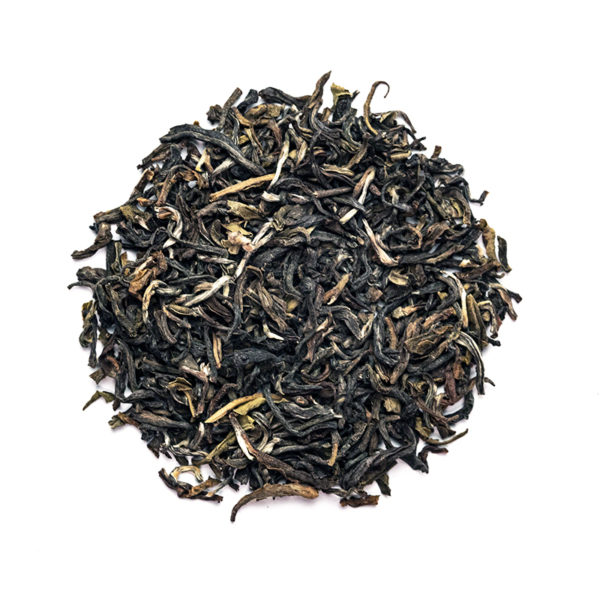
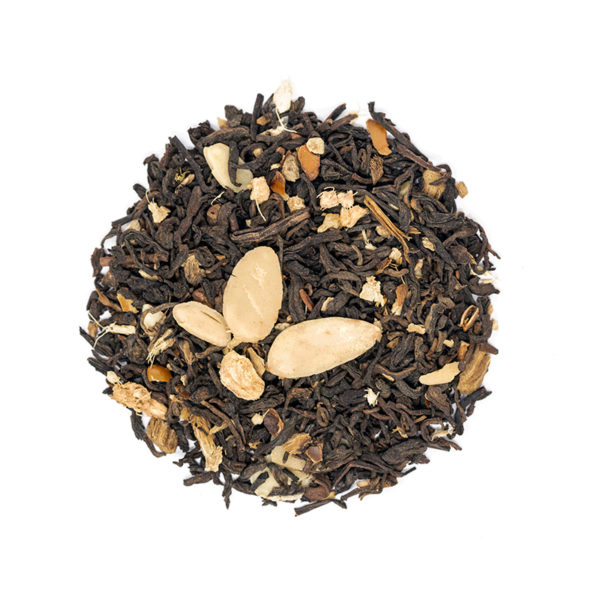
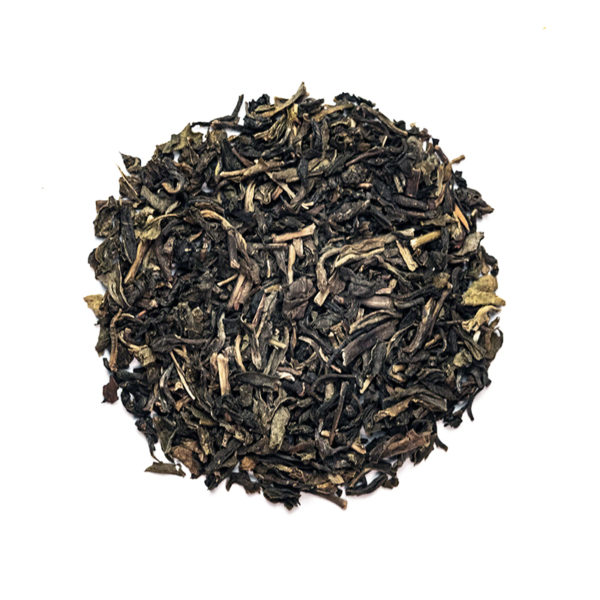
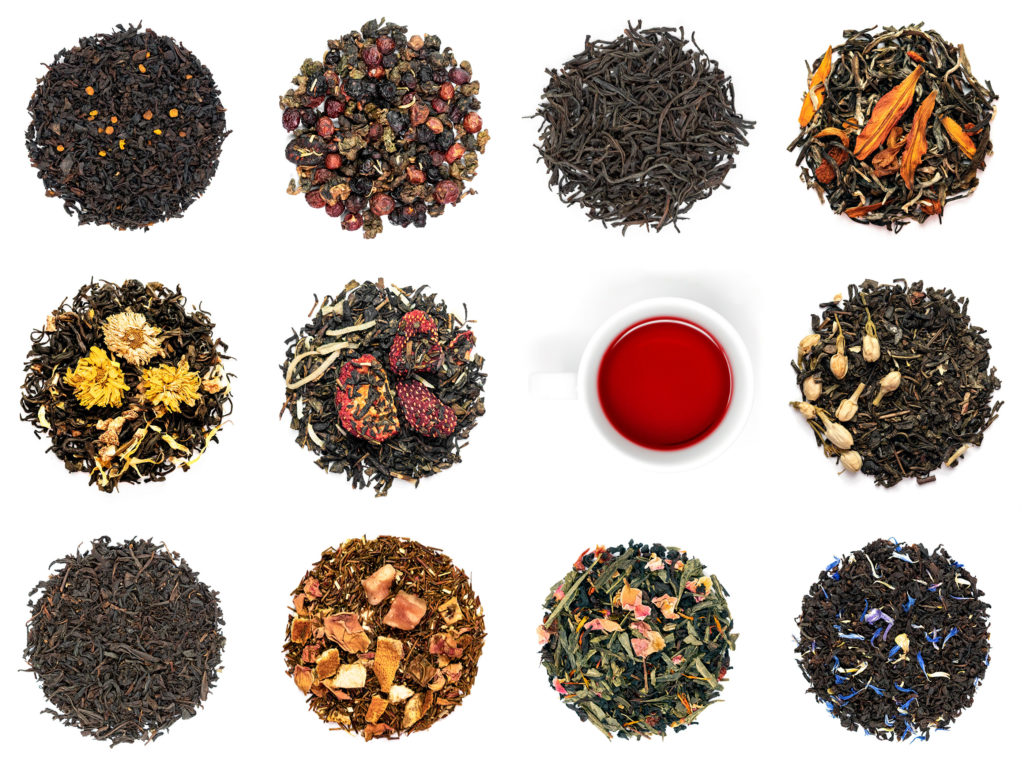
What is organic tea?
People have been drinking tea for a few thousand years when there was no need for organic production at all. It was before the land was polluted and GMOs invented. Legend has it that tea was first discovered about 5000 years ago by a Chinese emperor and a father of Traditional Chinese Medicine, Shen Nong. A tea leaf accidentally fell into his cup with hot water. Naturally curious about herbs, he drank it. As his skin was transparent, he could immediately see the impact it had on his body. The first tea was harvested from wild tea trees and not from cultivated tea plants. Therefore, all tea was originally organic. In fact, some old tea trees are still freely growing in China. Even after a few hundred years, they still have much to offer, and they are the closest to organic production as possible. However, they will never be labeled as organic. Organic tea is all tea grown following organic principles set out by the USDA in the US, IFOAM in Europe, or other organizations in their home countries. Four principles of organic agriculture say that it:- has to "sustain and enhance the healthy soil, animals, plants and people"
- should be "based on living ecological systems" is supposed to be fair
- should "protect the health and well-being of current and future generations and environment"[1]
Can you recognize organic tea by flavor?
Some organic tea might have less flavor than non-organic tea because different fertilizers will influence the flavor, color, and scent too. For example, non-organic shaded Japanese tea is often considered better in flavor than the organic one. In fact, only less than 5% of all tea production in Japan is organic. However, this is not a general rule. All teas are different and it’s impossible to say which one is organic and which is non-organic simply by flavor. However, flavor may show the quality of tea, and organic or non-organic, it should be tasty and fresh.
Organic Nepalese green tea from Guranse Estate
Is organic tea healthier?
The research from Newcastle University in the United Kingdom showed that organic food products had 18-69% more antioxidants than non-organic food[3]. However, with tea, things get a bit fuzzier. Firstly, every tea has a different amount of antioxidants. Some green tea types will have as low as 16 mg of EGCg per gram of dried leaves, while others may contain 203 mg per gram[4]. Even if the type with 16 mg is produced organically, 69% more will still be less than the non-organic type with 203 mg. Antioxidants in tea depend on many factors—from tea varietal to terroir, to growing and processing methods. Read how to choose tea with the most EGCg
Wisdom's Chai with organic pu'erh tea
Can organic tea be unhealthy?
Sadly, the answer is yes. There won’t be any sewage sludge in your tea, or any hidden danger from herbicides such as glyphosate. However, there might be some other dangers hidden in the cup of organic tea.- Organic pesticides and herbicides can be harmful too.
- The allowed levels of heavy metals are not covered by organic production guidelines.
- Non-synthetic organic manure might contain bacteria and mycotoxins.
- Organic tea can be adulterated too.
Not all non-organic tea is unhealthy. Soil, air and water quality of a specific area will have a big influence too.
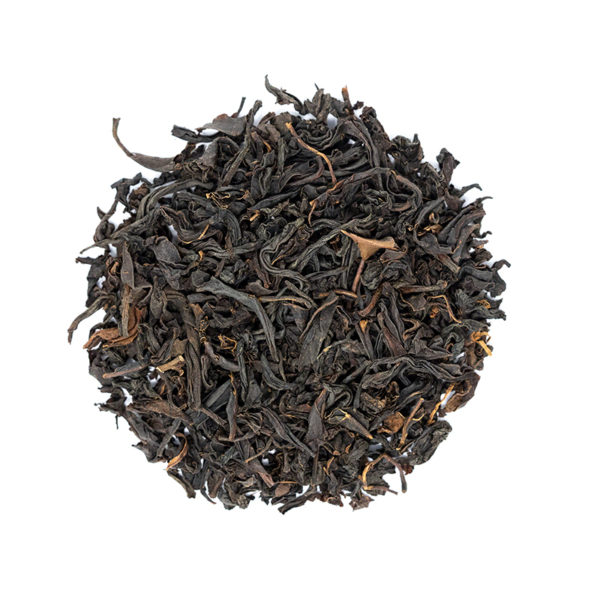
Karakundah organic black tea from Nilgiri
Why is it easy to adulterate tea?
Organic guidelines allow adding certain additives to organic food. That includes tea too. Adulterants are any substances added to tea to make it look, taste or smell better, which should not initially be in the tea. For example, old used tea leaves might be colored and dried and sold as a new healthy product. Different ingredients might be added to tea leaves to increase their weight. Good news? It’s easier to adulterate tea in tea bags than loose leaf tea.Organic tea can be adulterated, thus less healthy and of less quality than non-organic tea. Loose leaf tea is less often adulterated than tea dust in tea bags.The quality of both organic and non-organic tea will depend on the producer and his moral and ethical principles. There are hundreds of tea varietals in the world, and each of them has specific characteristics. Some are more resistant to pest, and thus won’t need as much care as others. Small family-run farms are more likely to follow good principles even if they are not producing organic tea.
Is natural the same as organic?
Many teas might contain the word “natural” or “all natural” on their packaging. However, that doesn’t make them organic. When the tea is natural, it only means no artificial ingredients have been used for coloring, scenting and flavoring. Therefore, the word “natural” doesn’t include organic principles.
Organic Darjeeling green tea from Makaibari Estate
Is organic tea worth buying?
Choosing organic can be a very good option. Not only is organic food linked to a reduced risk of cancer[6], but by choosing organic you are also doing your part in keeping the planet healthier. However, there is a hidden aspect too. While the French research proved that eating organic food may lower the risk of cancer by 24%, it couldn’t link It solely to organic food. The lowered risk might come from a healthier lifestyle too. Health benefits of organic tea should be higher, as there will be no synthetic pesticide or herbicide residue on the leaves. In reality, tea farming is not that simple.Some organic tea may be more dangerous than non-organic tea. Source and people behind both organic and conventional tea production are often more important than the farming methods used for growing tea.The benefits of organic production are not only about what ends up in your cup. Organic producers should care about conserving biodiversity and keeping the planet clean by using organic products for pest control and growth and even using recyclable packaging materials. Sometimes organic production is not possible for all producers. Because of strict rules and high cost of certification, some small tea farms choose to stay conventional but still follow good moral and ethical principles.

Find your favorite tea in our web shop
References:
[1] https://www.soilassociation.org/about-us/organic-principles/ [2] https://www.soilassociation.org/our-standards/what-are-organic-standards/ [3] https://www.ncl.ac.uk/press/articles/archive/2015/10/organicvsnon-organicfood/ [4] https://efsa.onlinelibrary.wiley.com/doi/full/10.2903/j.efsa.2018.5239 [5] https://www.tandfonline.com/doi/abs/10.1080/02652030601185071 [6] https://www.nhs.uk/news/cancer/eating-organic-food-linked-lower-cancer-risk/Disclaimer:
The information provided is for reference only. Self-treating health problems with tea are not advisable and you should always consult your doctor when you plan to change your diet while suffering from serious diseases or taking medication. All real teas contain caffeine and may not be suitable for people sensitive to caffeine. Drinking huge amounts of tea might have a negative impact on health.
More from:
SLL


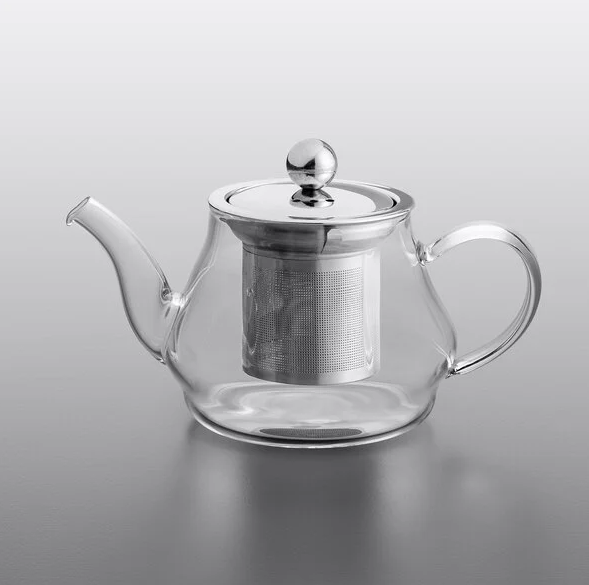
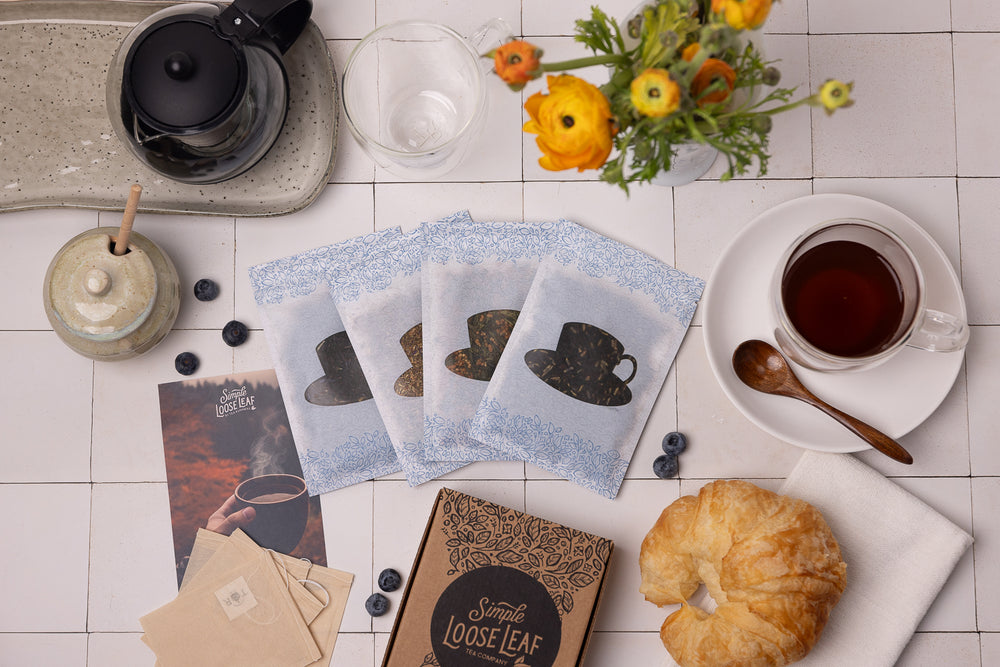
Leave a comment